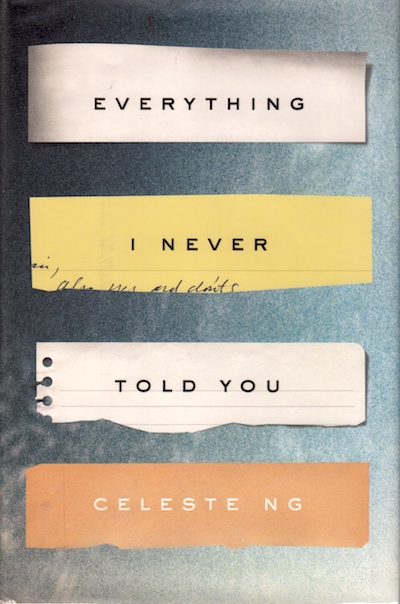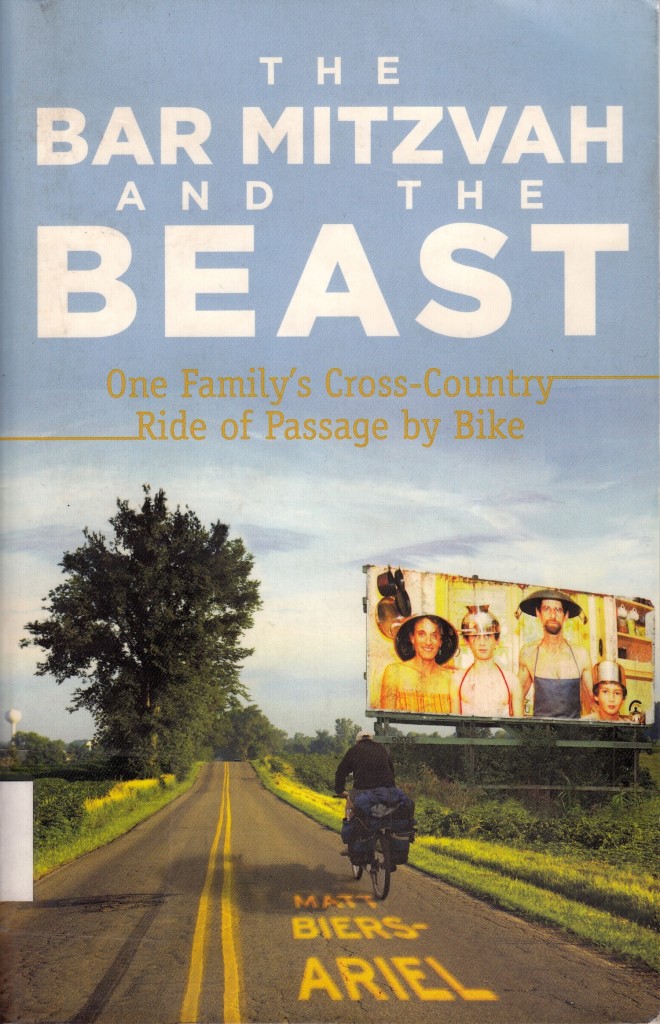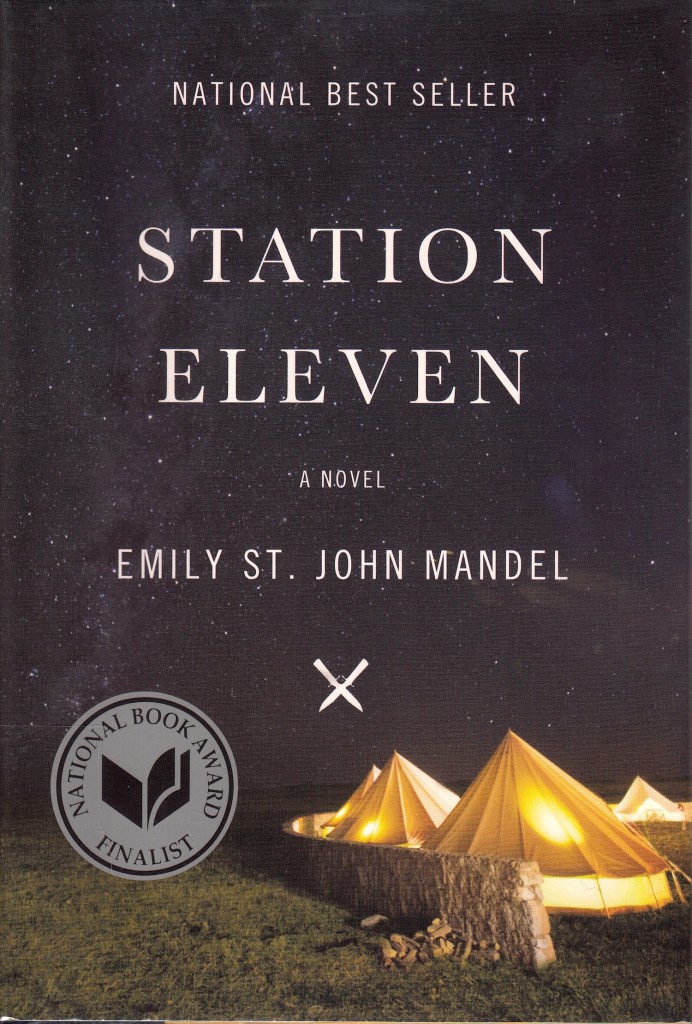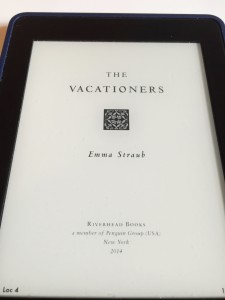A Discovery of Witches is a book that I am not convinced is good, but you can bet I devoured it and will read all three books in the trilogy. The question is: why?
First, let’s get the basic plot out of the way. Diana is a witch, but she doesn’t use her powers, nor is she interested in using them. She’s perfectly happy being an American history professor at Oxford. Until she calls up a book from the archives: Ashmole 782. This book, it turns out is enchanted, and everyone from the three non-human races (vampires, witches, demons, all of whom look conveniently human) is interested in reading it. Alas, she’s already sent it back to the stacks. Don’t bother with why everyone wants it. Ashmole 782 is the book’s macguffin. Everyone is suddenly after Diana.
One particular vampire, Matthew Clairmont becomes more entranced with Diana than the book. He turns out to be French nobility, because of course he is. They fall in love very melodramatically – the whole book is very melodramatic – and he protects her as they have adventures and he awakens the witchy part of her. Of course he does.
Which brings us back to the question of why do I like this book? I’ve admitted to enjoying romances, and the romance aspect is part of it. I’m much more partial to a story about relationships than a story where people are horrible to each other. There’s enough horror in the world.
But it’s not like this is a happy book – there’s kidnapping and torture and death. There is Good – Diana and Matthew and their families – and there is Evil – the Congregation, a group of people who want to keep Diana and Matthew apart, who also want Diana to bring the book back so everyone can learn what’s in it for their own advantage.
It’s melodrama, a genre that is so over the top that it’s practically camp, and A Discovery of Witches is definitely taking itself seriously. And that might be why I devoured it: the heightened emotions, the very clear good vs evil, putting family first, and the love story. There is something appealing about that, especially when it’s on my television screen or in a novel.
And so yes, I will read the second book in the series, which involves time travel, and probably the third, too. And I might tell you to read them too.





